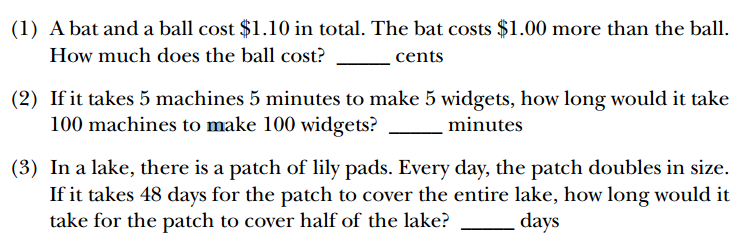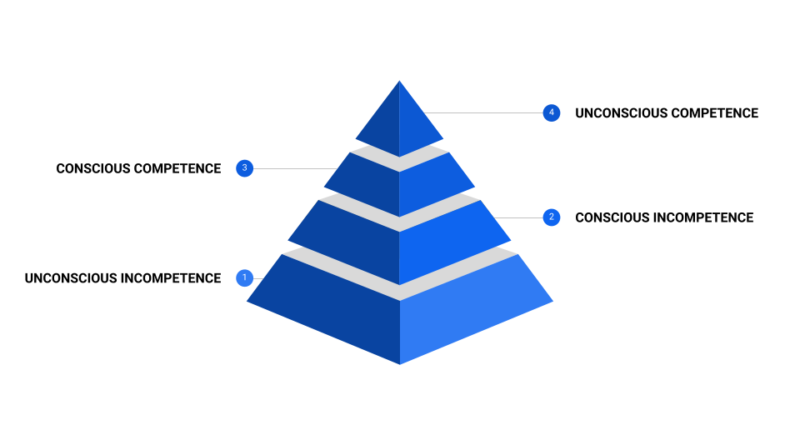The Dunning-Kruger Effect
[Please note that this page contains affiliate links. If you choose to purchase after clicking a link, I may receive a commission at no extra cost to you.]
Ignorance affects intuitive thinking because The Dunning-Kruger effect phenomenon was discovered by the research social psychologists Dr. David Dunning and Dr. Justin Kruger, first published in 1999 in the Journal of Personality and Social Psychology – will also look at students taking a Cognitive Reflection Test (CRT).
The Dunning-Kruger Effect
Dunning and Kruger proposed that people who lack self-awareness or are poorly skilled have an unrealistic view of their competence, making them think they are experts.
Their lack of competence leads to false belief systems and incorrect opinions, thus The Dunning Kruger Effect.
“Not only do these people reach erroneous conclusions and make unfortunate choices, but their incompetence robs them of the metacognitive ability to realize it,” the psychologists write.
The science journal Frontiers in Psychology, on April 8, 2021, published a paper where researchers discovered that people who took a cognitive reflection test (CRT), developed by Dr. Shane Frederick. In this Yale professor, people who had the most errors also had the most overconfidence in their performance.
CRT measures a person’s capability to overrule a wrong intuitive answer and is involved in analytical thinking to find the correct answer.
The recent Cognitive Reflection Test study involved 178 female students from Zayed University, Abu Dhabi.
Cognitive Reflection Test
They completed a cognitive reflection test or CRT of seven questions.
Students also filled out a self-reporting “faith in intuition” questionnaire to evaluate their intuitive decision-making confidence.
Scientists found that students who had the most mistakes taking the CRT misjudged their performance to a much higher score than those who had fewer errors.
Showing the students demonstrated strong Dunning Kruger Effect.
“Specifically, on a test out of seven points, low performers overestimated their CRT score by 4.26, which high-performers miscalibrated by just 1,” said the researchers.
The scores suggest that high and low performers most likely don’t use the same empirical clues correctly when judging their instinctive choices.
Instead, low test scores seem to rely on short clues, like that of answer fluency more.
The Dunning-Kruger effect is prevalent due to a lack of self-awareness of understanding a topic, thinking one knows far more than they do.
Thus, they believe their false belief systems to be accurate from a lack of logical and scientific thinking, or The Dunning Kruger Effect.
Therefore, there has been a significant rise in the Dunning-Kruger effect amongst these Covid times.
Many experts have come out now, mostly regurgitating some article written by artificial intelligence they found on Facebook.
Social media sites block, on average, a billion bots a month.
To better understand a topic or a subject, people should find reasons and sources to disprove the information.



